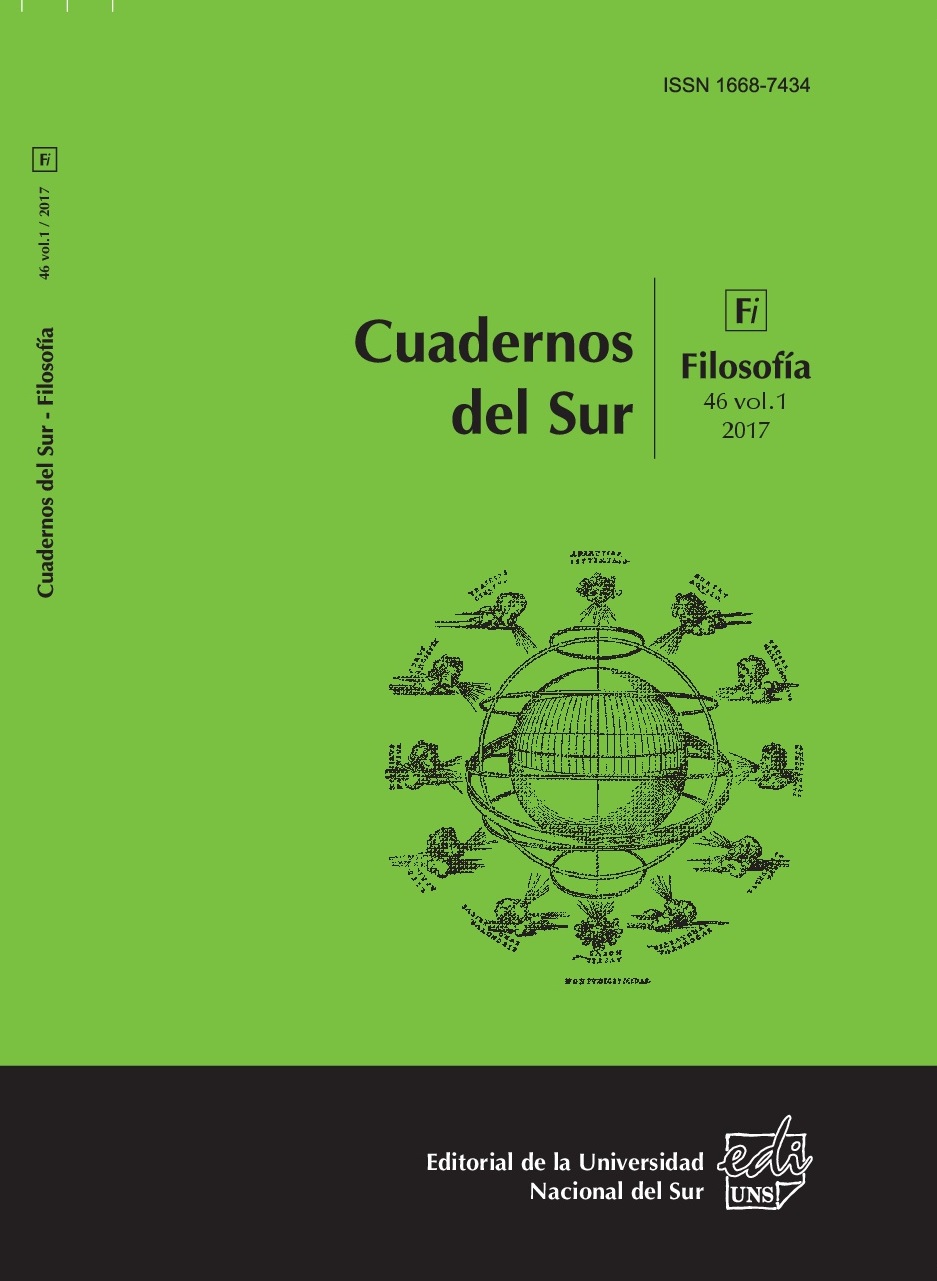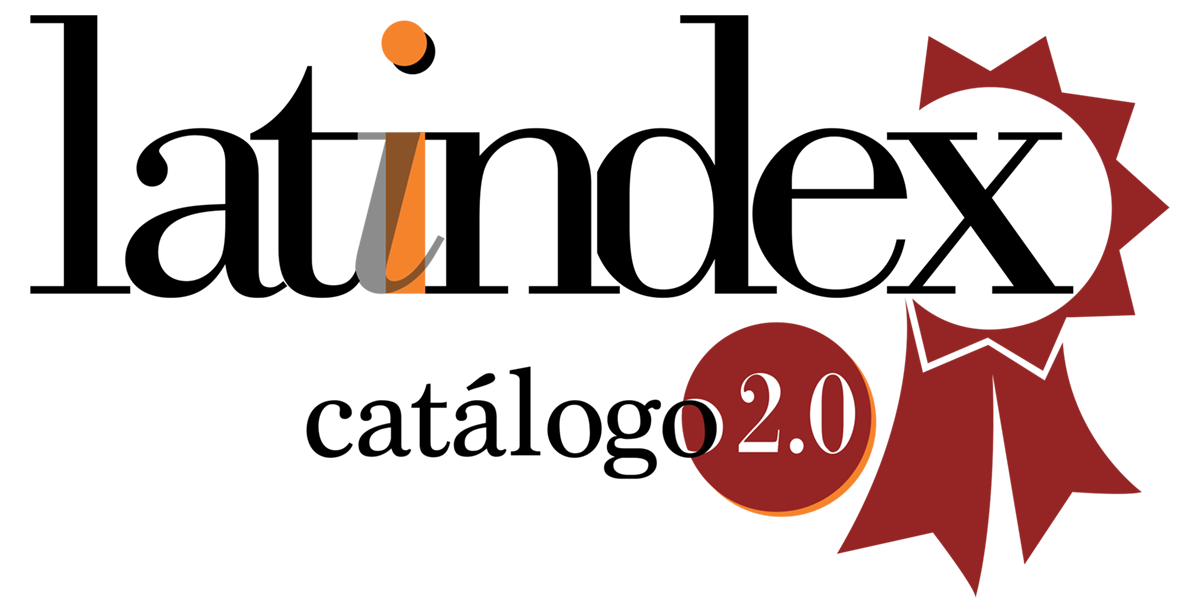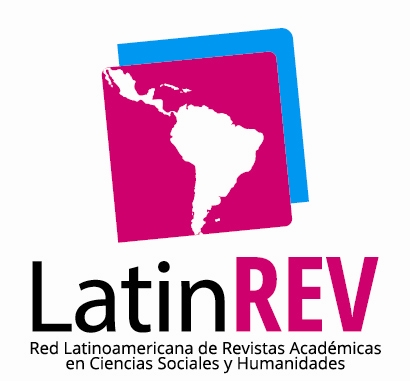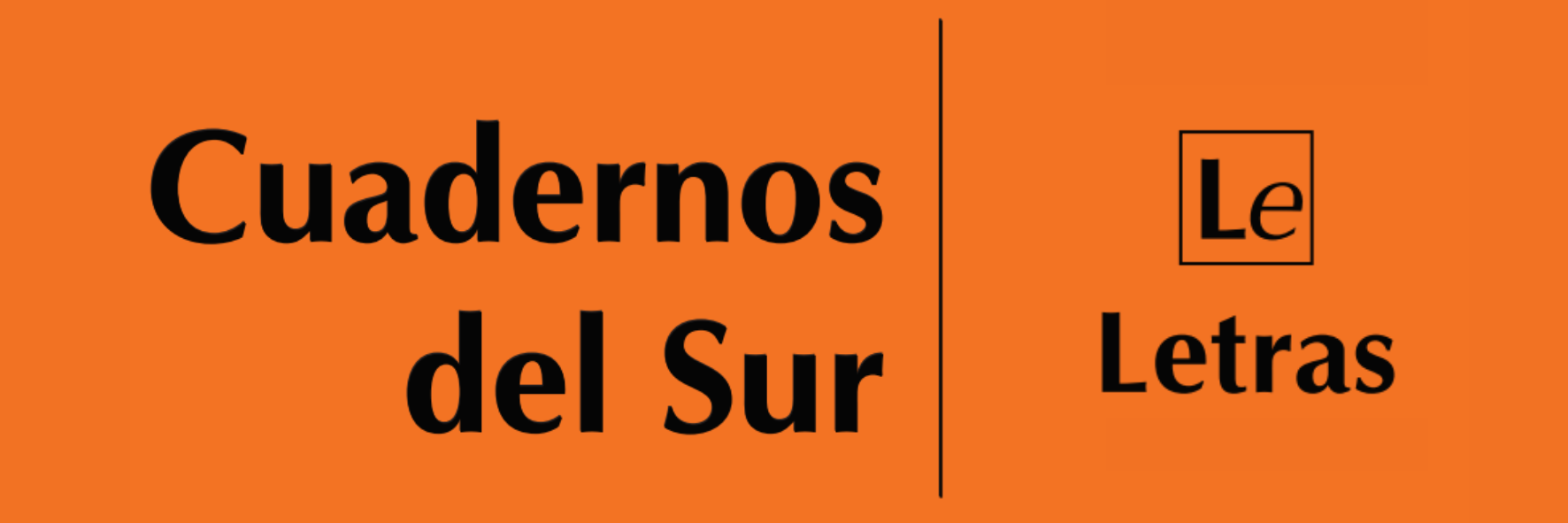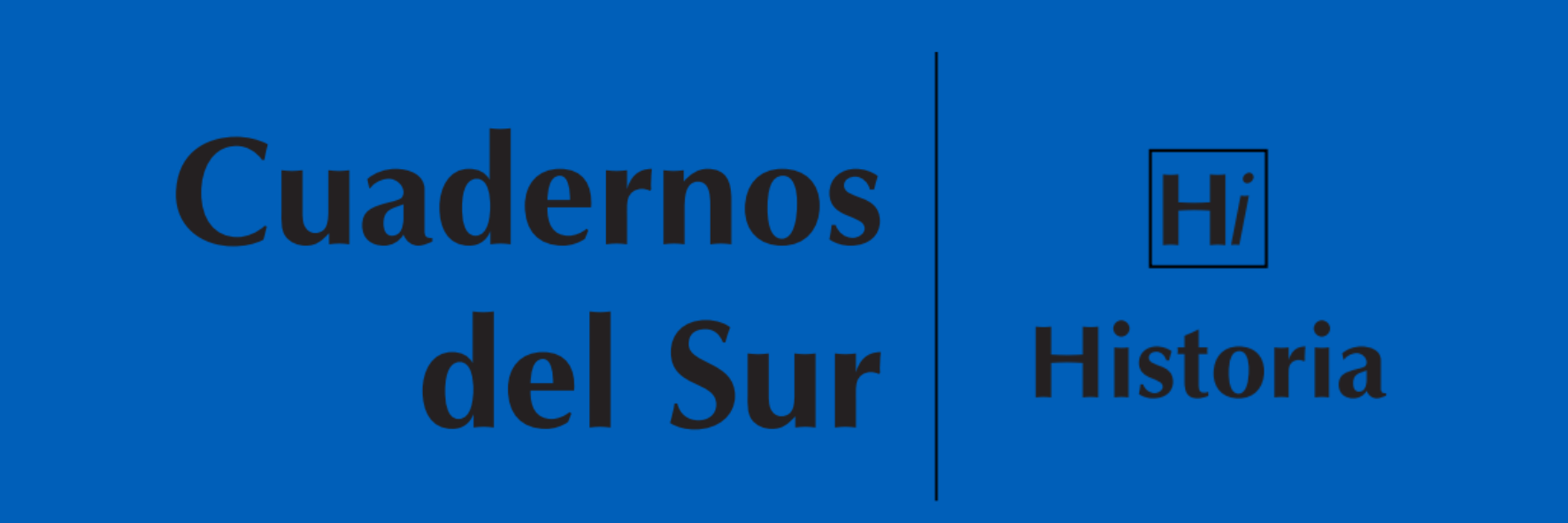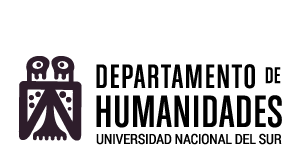Una revisión de la concepción popperiana de la ciencia empírica
Keywords:
Popper, falsification, confirmationAbstract
The Popperian theory for empirical sciences is indeed strong and authoritative. It lacks of defects, if the “transition rules” from hypotheses to basic statements are rules of sufficient foundation, and the foundation degrees for empirical statements are those Popper allows, for example falsifi cation and confirmation. The system of science however may be enlarged if we accept some different foundation degrees, even probabilities, and weaker “transition rules” as those of insufficient or fallible foundation. A weaker rule allows us to increase the structural possibilities in the building of empirical sciences and enables us to consider the Popperian system, despite it strength, a particular way in the building of empirical sciences.
Downloads
References
Berka, Karel y Kreiser, Lothar (1986), Logik Texte, Berlín, Akademie Verlag.
Gentzen, Gerhard (1934-1935), “Untersuchungen über das logische Schließen I – II”, Mathematische Zeitschrift 39, pp. 176-210 y 401-431. Reproducido en Berka-Kreiser (1986), pp. 206-262.
Gentzen, Gerhard (1936), “Die Widerspruchsfreiheit der reinen Zahlentheorie”, Mathematische Annalen 112, pp. 493-565.
Gentzen, Gerhard (1938), “Neue Fassung des Widerspruchsbeweises für die reine Zahlentheorie”, Forschung 4, pp. 19-44.
Gethmann, Carl Friedrich (1982), Logik und Pragmatik, Frankfurt am Main, Bibliographisches Institut.
Hasenjaeger, Gisbert (1962), Einführung in die Grundbegriffe und Probleme der modernen Logik, Friburgo-Munich, Karl Alber Verlag.
Heyting, Arendt (1956), Intuitionism: An Introduction, Amsterdam, North-Holland.
Johansson, Ingebrigt (1936), “Der Minimalkalkül, ein reduzierter intuitionistischer Formalismus”, Compositio Mathematica 4, pp. 119-136.
Kleene, Stephen Cole (1952), Introduction to Metamathematics, Amsterdam, North-Holland Pub. Co.
Laplace, Pierre Simon Marquis de (1814), “Essai philosophique sur les probabilités”, en Laplace, Pierre Simon Marquis de (1878-1912), OEuvres complètes, I-XIV, Paris, Institut de la Recherche Scientifique, vol 3, pp. 3-64.
Lorenzen, Paul (1987), Lehrbuch der konstruktiven Wissenschaftstheorie, Mannheim/Wien/Zürich, Bibliographisches Institut.
Lorenzen, Paul y Lorenz, Kuno (1978), Dialogische Logik, Darmstadt, Wissenschaftliches Buchgesellschaft.
Polya, Georg (1966), Matemáticas y razonamiento plausible, Madrid, Tecnos.
Popper, Karl R. (1934), Logik der Forschung, Wien (traducción inglesa (1961) The Logic of Scientific Discovery, New York, Science Editions, traducción española (1962) La lógica de la investigación científica, Madrid, Tecnos).
Popper, Karl R. (1994), Conjeturas y refutaciones: el desarrollo del conocimiento científico, Madrid, Ediciones Paidós Ibérica.
Popper, Karl R. (2002), Búsqueda sin Término: una Autobiografía Intelectual, Madrid, Alianza Editorial.
Popper, Karl R. (2005), Conocimiento objetivo: un enfoque evolucionista, Madrid, Tecnos.
Rescher, Nicholas (1977), Dialectics. A Controversy-Oriented Approach to the Theory of Knowledge, Albany, State University of New York Press.
Roetti, Jorge A. (2005), “Logik, Vernunft und klassische „Prinzipien“: ein Abriß”, en Dürr, Renate, Maring, Matthias, Gebauer, Gunter y Schütt, Hans-Peter (eds.): Pragmatisches Philosophieren. Festschrift für Hans Lenk, Philosophie – Forschung und Wissenschaft, Band 20, Münster, Lit Verlag, pp. 113-129.
Roetti, Jorge A. (2005), “Some topics on insufficient reason”, Existentia – Melétai Sophías, (2005), vol. XV, fasc. 3-4, 295-314, Szeged/Budapest/Münster/ Frankfurt am Main.
Roetti, Jorge A. (2006), “La existencia matemática. Un diálogo”, Epimeleia – Revista de estudios sobre la tradición, vol. 29-30, Año XV, Buenos Aires, pp. 69-98.
Roetti, Jorge A. (2007), “Interpretación y diálogo”, Anales de la Academia Nacional de Ciencias de Buenos Aires, tomo XXXIX, pp. 505-529. (www.ciencias.org.ar)
Roetti, Jorge A. (2009), “Gentzen y la consistencia de la aritmética”, Anales de la Academia Nacional de Ciencias de Buenos Aires, tomo XLIII, pp. 645-659.
Roetti, Jorge A. (2011), “Acerca del fundamento”, Anales de la Academia Nacional de Ciencias de Buenos Aires, tomo XLV, 1ª parte, pp. 39-69 (Clase inaugural de incorporación como académico correspondiente de la Academia, 7 de abril de 2011).
Roetti, Jorge A. (2012), Curso de lógica clásica (desde un punto de vista no clásico), con la colaboración de Osorio, Néstor, Mar del Plata, Centro de Estudios Filosóficos y Sociales.
Roetti, Jorge A. (2014), Cuestiones de fundamento, Buenos Aires, Academia Nacional de Ciencias de Buenos Aires.
Roetti, Jorge A. (2016), Reglas y diálogos. Una discusión lógica, Buenos Aires, Academia Nacional de Ciencias de Buenos Aires, e-book. Disponible en: http:// www.ciencias.org.ar/user/Roetti%202016%2002%2005%20Reglas%20y%20diálogos.%20Una%20discusión%20lógica.pdf.
Smullyan, Raymond M. (1968), First-Order Logic, Berlín, Springer-Verlag.
Tietze, Heinrich (1965), Famous Problems of Mathematics, Nueva York, Graylock Press.
Wittgenstein, Ludwig Johann Joseph (1921), Tractatus Logico-Philosophicus, Annalen der Naturphilosophie de W. Ostwald (traducción española (1957), Tierno Galván, Enrique, Madrid, Revista de Occidente, reediciones 1973, 1975, 1979, Madrid, Alianza Editorial).
Downloads
How to Cite
Issue
Section
License
Copyright (c) 2018 Jorge Alfredo Roetti

This work is licensed under a Creative Commons Attribution-NonCommercial 4.0 International License.
Aquellos autores/as que tengan publicaciones con esta revista, aceptan los términos siguientes:- Los autores/as conservarán sus derechos de autor y garantizarán a la revista el derecho de primera publicación de su obra, el cuál estará simultáneamente sujeto a la licencia Atribución-No Comercial 4.0 Internacional CC BY-NC 4.0.
- Los autores/as podrán adoptar otros acuerdos de licencia no exclusiva de distribución de la versión de la obra publicada (p. ej.: depositarla en un archivo telemático institucional o publicarla en un volumen monográfico) siempre que se indique la publicación inicial en esta revista.
- Se permite y recomienda a los autores/as difundir su obra a través de Internet (p. ej.: en archivos telemáticos institucionales o en su página web) una vez publicado su trabajo, lo cual puede producir intercambios interesantes y aumentar las citas de la obra publicada. (Véase El efecto del acceso abierto).

